Foresters, water advocates, land managers meet in Colorado to share ideas on adapting to new tough realities in Western landscapes
Hundreds of professionals gathered May 1-4 in Fort Collins, CO at the Cross-Boundary Landscape Restoration conference to learn the about new forest treatment practices and the challenges facing everyone working to restore prescribed burns to historically fire-adapted lands.
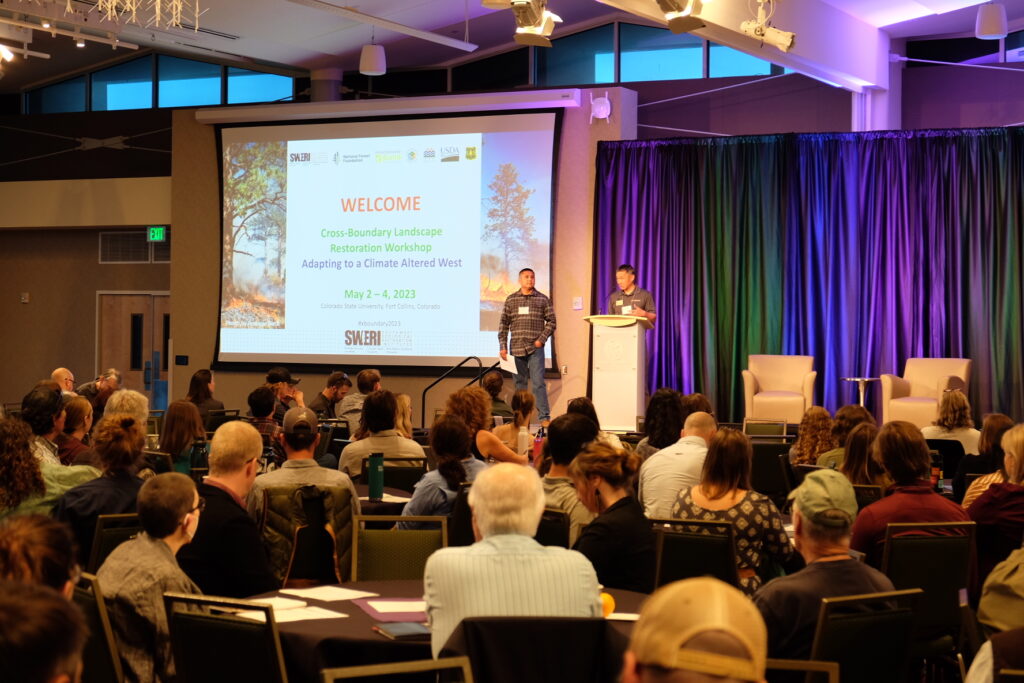
All photos by Maddie Wilson, Colorado State University
The conference was hosted by the Southwest Ecological Restoration Institutes (SWERI), which includes the New Mexico Forest and Watershed Restoration Institute (FWRI) housed at New Mexico Highlands University. Among the questions people discussed:
How is climate change affecting what scientists once knew about restoring healthy forests?
How can local governments, land managers and community leaders best work together to promote healthy forests, reduce risks and help communities recover from wildfires?
How do practitioners promote prescribed fires to communities as necessary for healthy forests after rare escaped burns cause wildfires like the Hermit’s Peak-Calf Canyon fire of 2022?
The conference focused on how millions of acres of forest can best be treated in the face of drought, rising temperatures, and expanding communities.
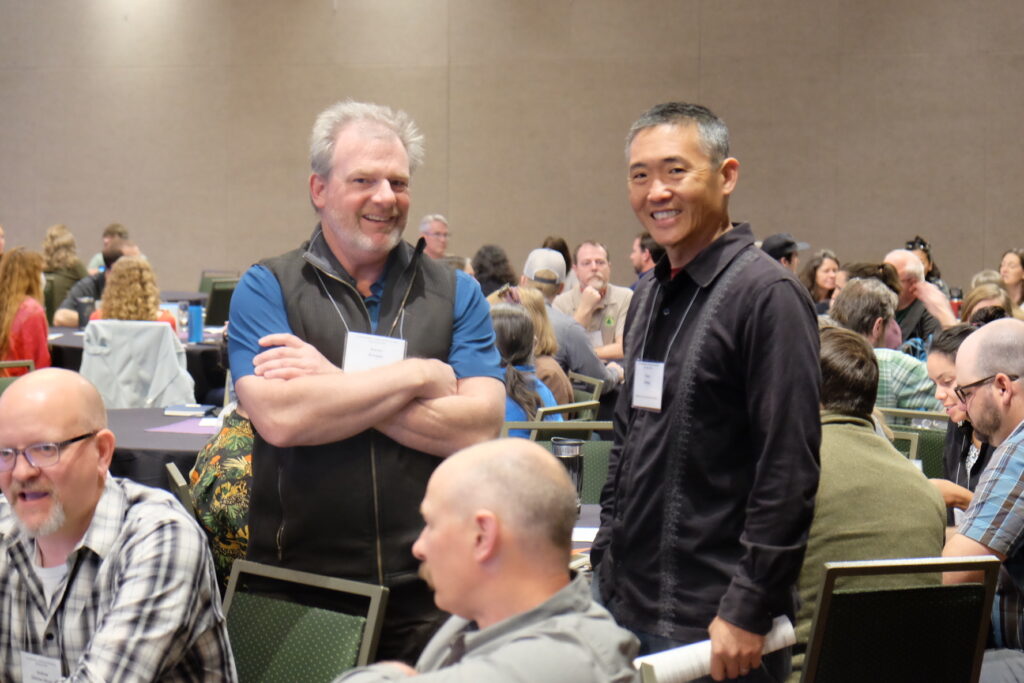
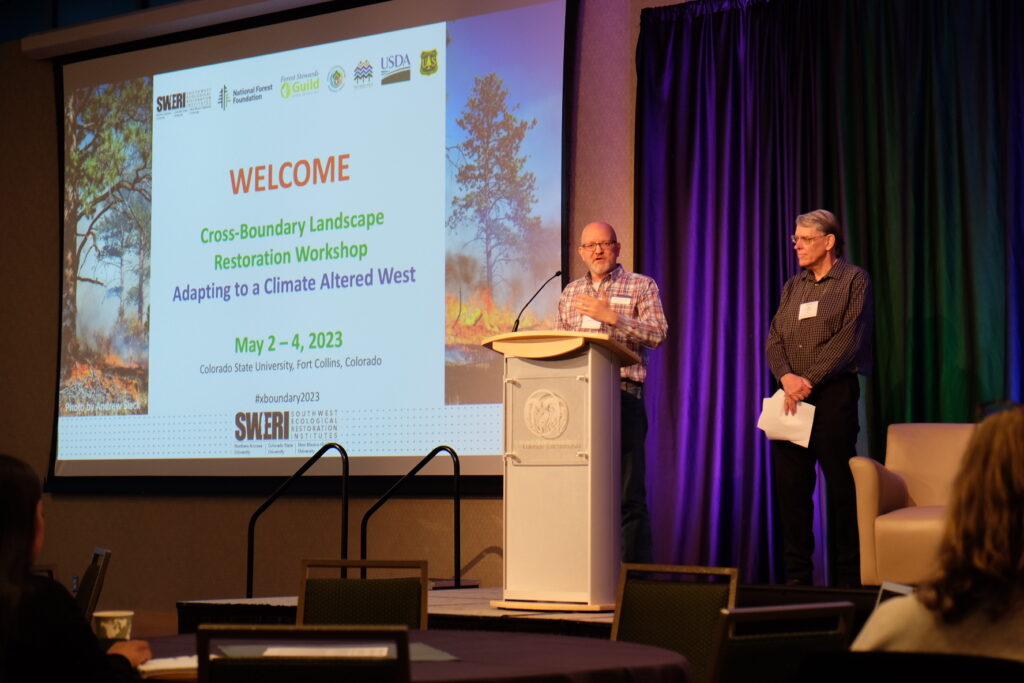
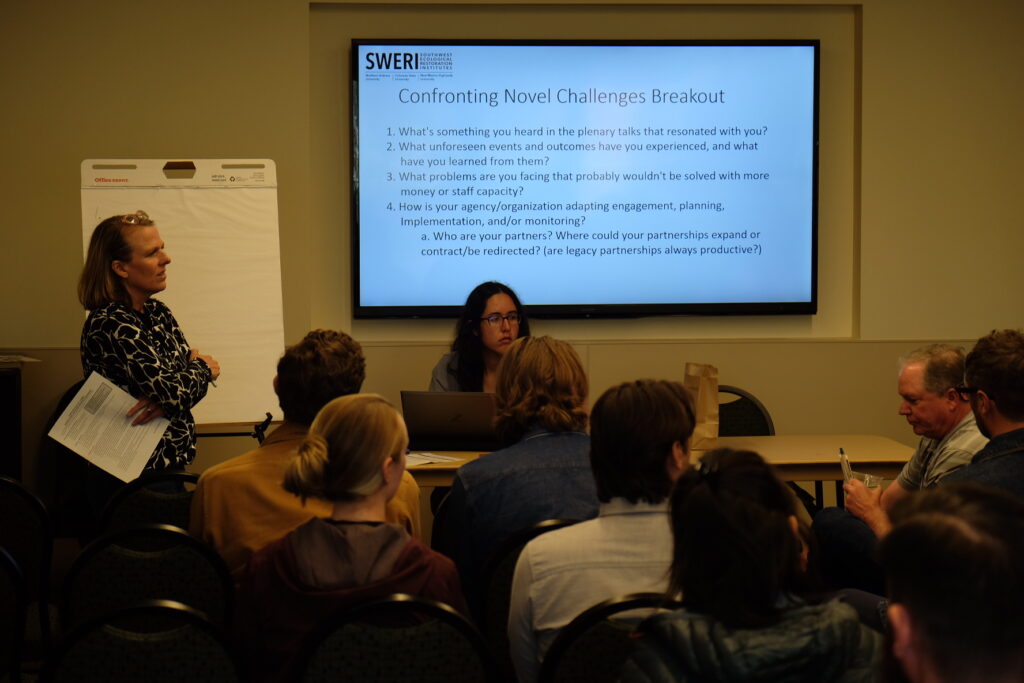
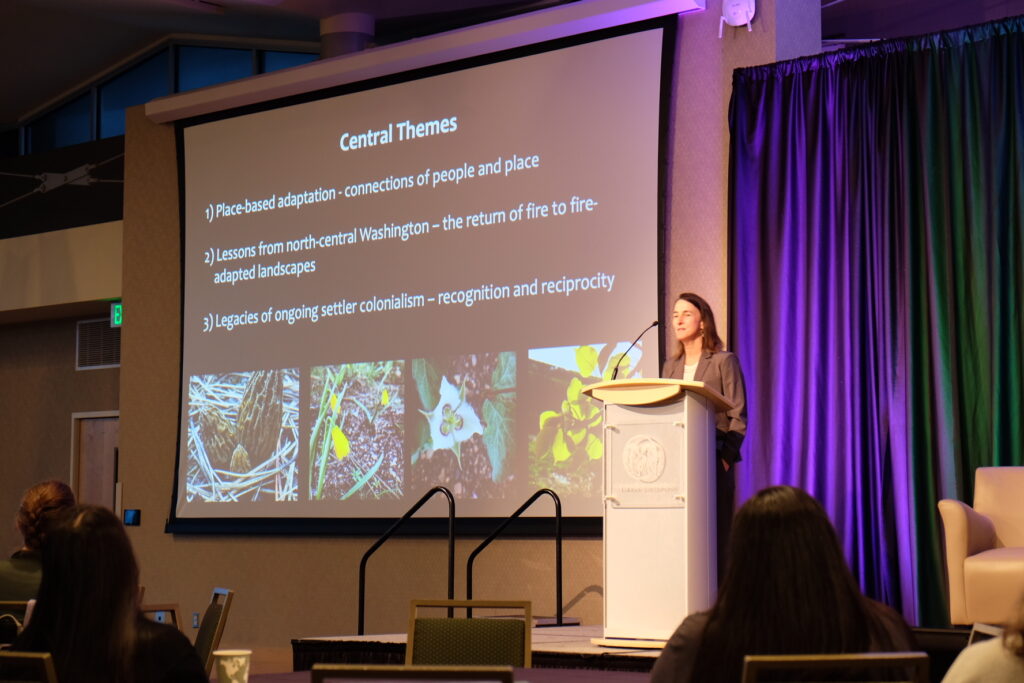
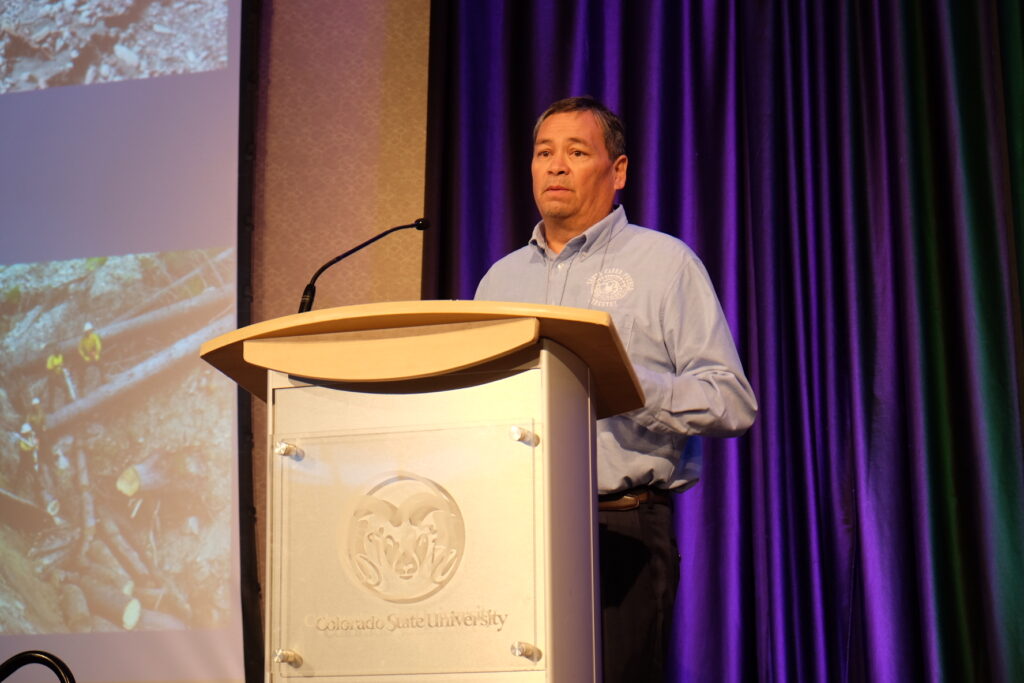
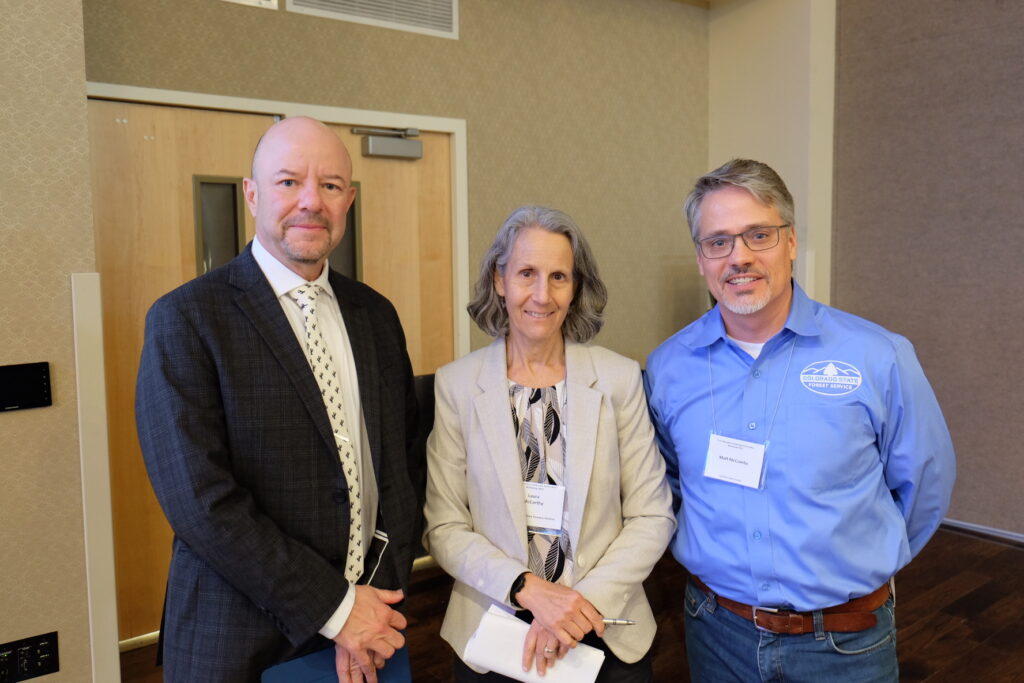
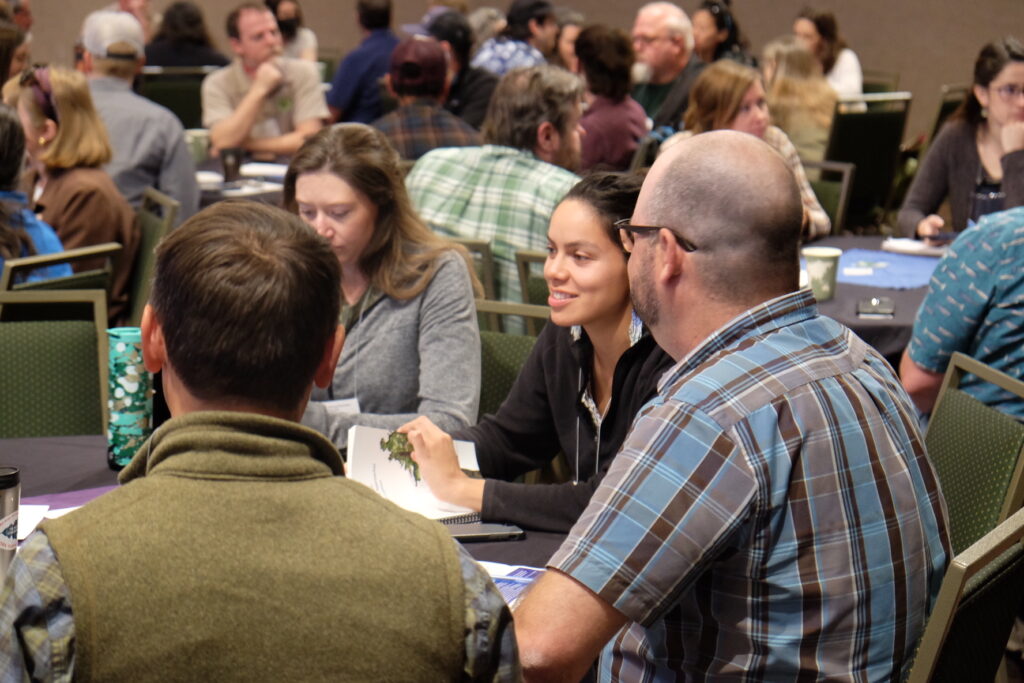
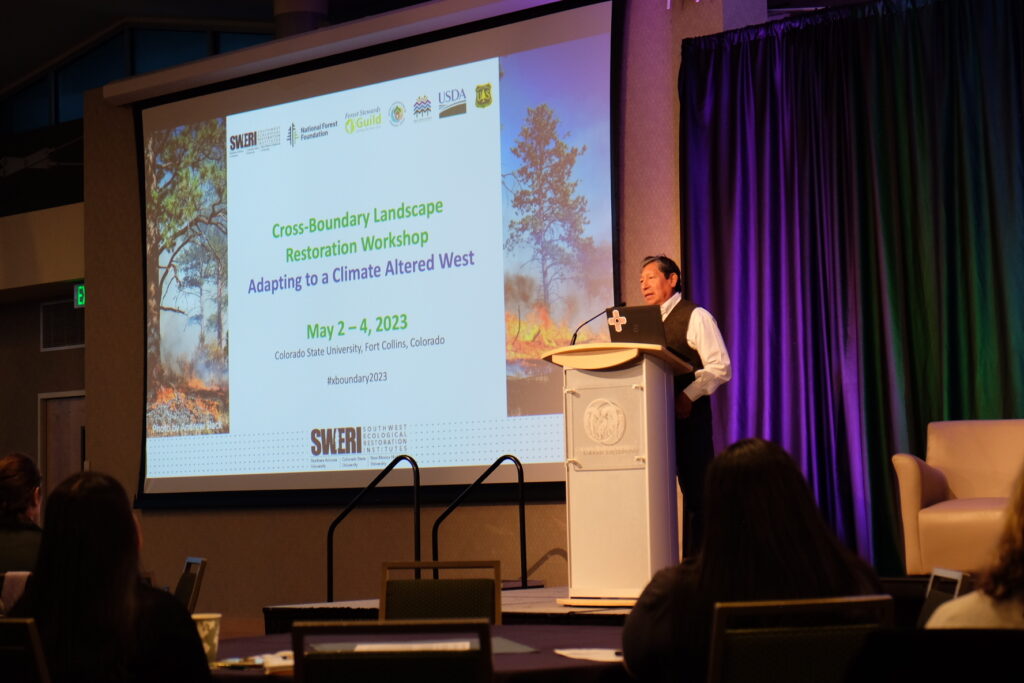
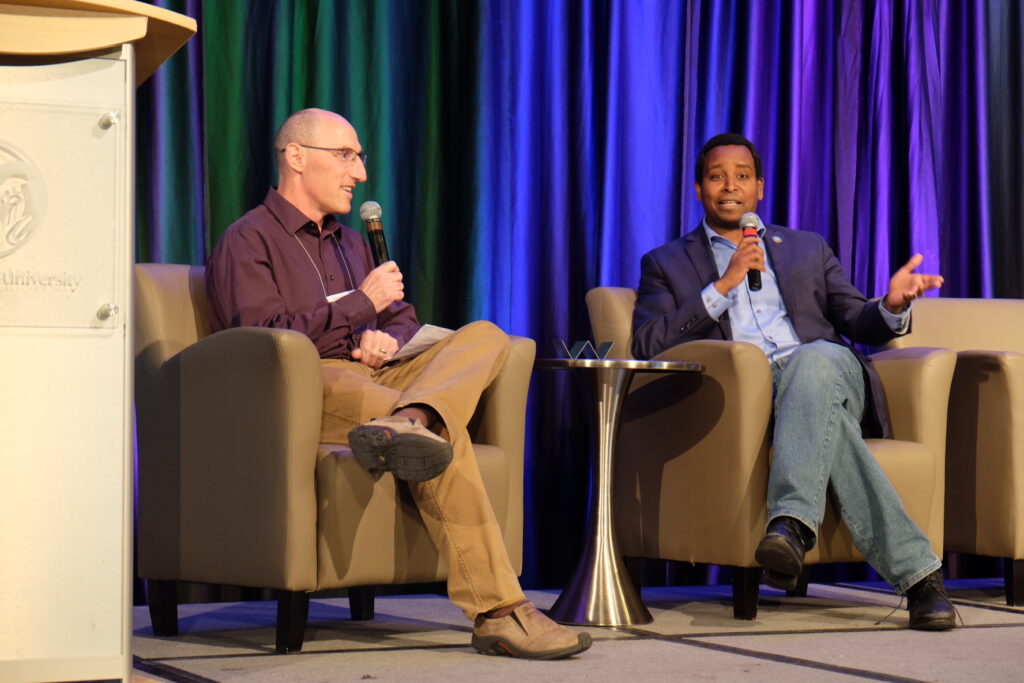
Find out more about the work of the SWERI and its three institutes: CFRI, ERI, and FWRI.
Some of the many partners who supported the workshop and engage in the science and hands-on projects of restoring healthy forests are:
Northern Colorado Fireshed Collaborative
Rocky Mountain Research Station
Southern Rockies Fire Science Network
